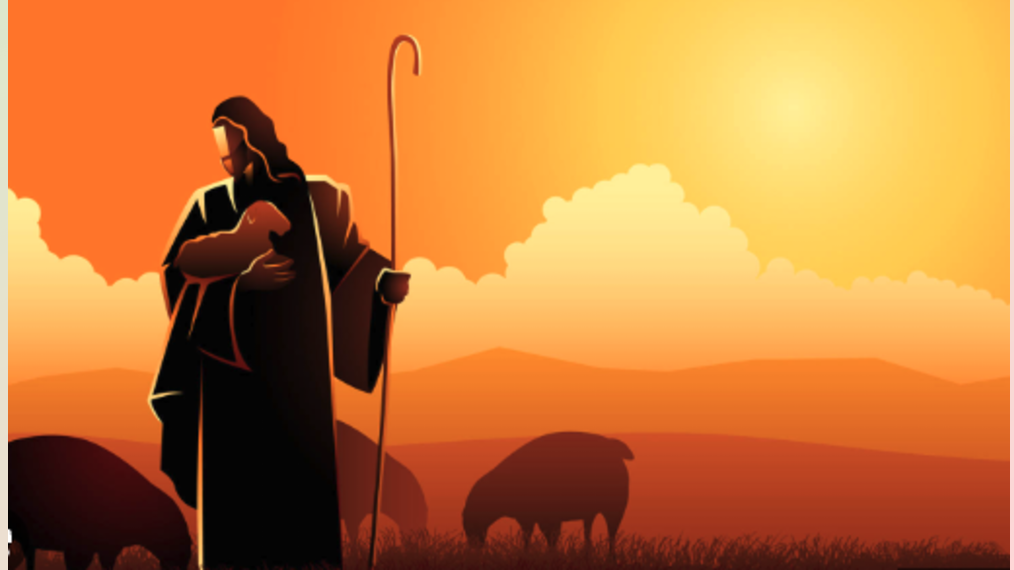Jeremiah 23:1-6; Ephesians 2:13-18; Mark 6:30-34
When Cardinal Carlo Martini was explaining the meaning of the Holy Scriptures, young people filled the Milan cathedral. He had a teaching gift that satisfied their desire for spiritual food. The Holy Bible ceased to be a boring book of the past, but it became the Word of God which has something important to convey to confused contemporary people. For the Bishop of Milan, these young people were like "sheep without a shepherd" (Mark 6:34).
Good shepherds unite, listen to the voice of the Church, obey God, teach God's laws, and the fate of the people does not allow them to rest. Bad shepherds, however, do the opposite. The name of the mysterious Messiah is "the Lord our righteousness" (Jer. 23:6), and the name of the last king of Judah, Zedekiah, means, ‘my justice is the Lord'. Unfortunately, eleven years of Zedekiah's rule stood in opposition to the name he wore. "He became stiff-necked and hardened his heart" (2 Chron. 36:13), he "did not humble himself before Jeremiah the prophet, who spoke the word of the Lord" (2 Chron. 36:12) and "would not turn to the Lord, the God of Israel” (2 Chron. 36:13). It was during his reign that Jerusalem fell and the nation went into captivity.
In opposition to Zedekiah stands the Messianic King of David's lineage, our Lord Jesus Christ. Since the reign of Solomon’s son, the chosen nation was divided into two kingdoms: the northern kingdom of Israel and the southern kingdom of Judah. Jesus once again gathers them into one (Jer. 23:6). Our Lord continues this uniting mission through the Church in which the descendants of Abraham (Israel) and the descendants of Noah (other nations) become one. He "has made the two groups one and has destroyed the barrier, the dividing wall of hostility" (Eph. 2:14). There was a wall in the temple of Jerusalem that separated the courtyard of the Gentiles from the courtyard of the Jews. Its crossing was punishable by death (see Acts 21:28-29). There is no such wall in the church! Now, through Christ, we all have free access to the Father (Eph. 2:18).
“The Lord is my shepherd, there is nothing I shall want" (Ps. 23:1). It is a prayer of trust. Jesus Christ led us to the waters of holy baptism, which has freed us from the bondage of sin. He anointed us with oil in the sacrament of confirmation and spreads for us the Eucharistic table in full view of our enemies. The shepherd's rod and the staff allude to “the devotion and confidence we should place in the Holy Cross and the Blessed Virgin Mary“ (Saint Antoni Maria Claret), which give us comfort during our journey through life. The goal of our pilgrimage is the Father's house in heaven, where we shall dwell for eternity.
A flock without a shepherd “become a prey for every wild beast” (Ezekiel 34:5). Jesus was aware of this fact, therefore “moved with pity for them” He taught “them many things” (Mark 6:34), apparently for many hours (Mark 6:35). We have been without a shepherd for far too long. We need to discover the timeless truths of God, learn what the following of Christ entails, and actively participate in the life of the community of the Church. So, let us come to Jesus. We can hear His voice during our reading of the Scriptures and the liturgy of the Church. Let us become those sheep who hear Christ’s voice, are known by Him, and follow Him (John 10:27). Amen.




